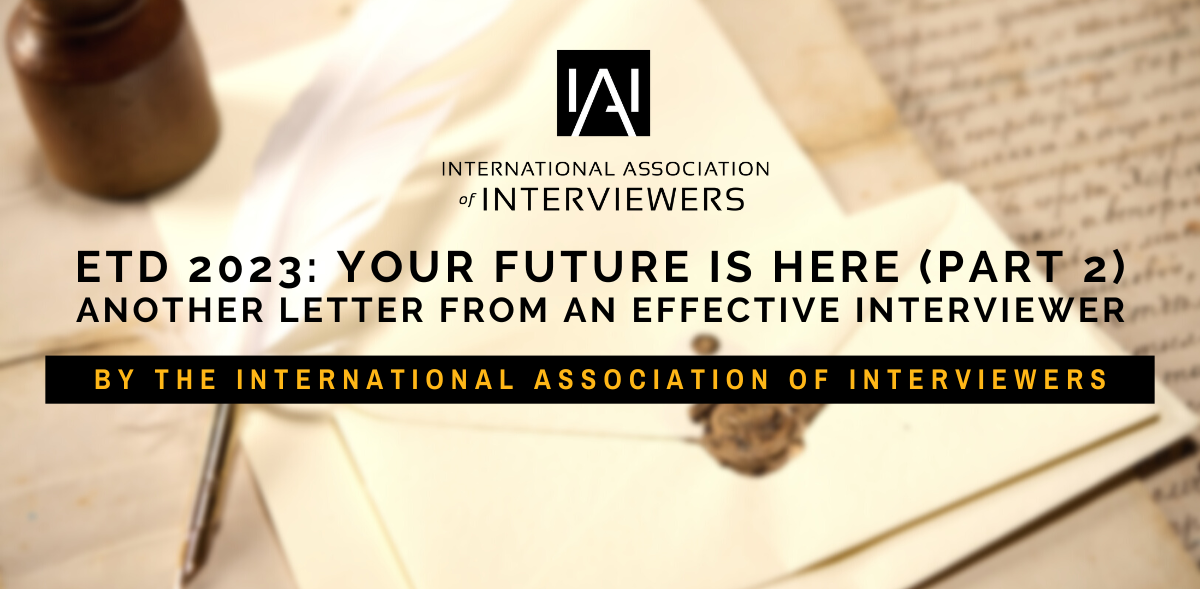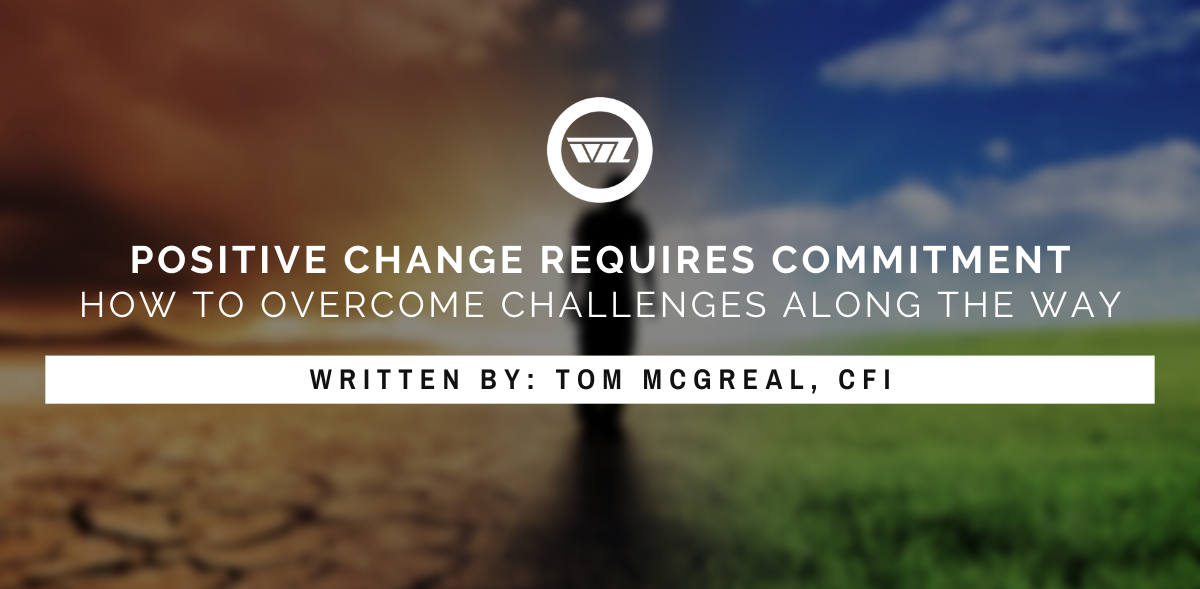“No one man can, for any considerable time, wear one face to himself, and another to the multitude, without finally getting bewildered as to which is the true one.”
– Nathaniel Hawthorne
I was recently listening to a podcast about “living your true passion”. The guest was walking through his life path, explaining how he transitioned from being a monk in the UK, to getting married, to moving to NYC, and ultimately landing where he sits today as an NYT bestselling motivational author. He spent a few minutes walking through his personal journey. Afterward, the interviewer asked, “So, how do you recommend other people find their passion?”
It was a simple question, but really the most obvious one to be asked. The guest stated, “Either you do what you love, or you find what you detest and work towards fixing that.”
The latter, “finding what you detest”, tends to be easier for most people. Moments of frustration, disgust, shock, and bewilderment tend to be stained in our psyche with a certain flare of intensity. Hence lies the inspiration for this blog. One thing I have always been passionate about actively addressing is making sure I am true to myself. As a result, I can be true to others around me.
How many of you have known someone either personally or professionally, whose outwardly projected version of themselves is in stark contrast to the person they truly are? For example, an acquaintance who takes every opportunity to talk about the importance of treating people with respect, but treats those closest to them poorly. Or the co-worker or boss who projects to be one person but those who work closest to them have a much different story to tell.
Now picture the opposite of this. Think of a friend, family member, co-worker, or boss who is truly genuine. They live with integrity, character, and humility and incorporate these attributes into every facet of their lives. These are the people we tend to want to be closest with and we strive to work for. Why? Because we believe them. They live the life they preach, and they preach the life they live. They have a true sense of self. As a result, they attract and build genuine connections with those in their innermost circles.
So—what’s the differentiator between these competing personalities?
The answer is simple—a sense of self-awareness.
Possessing self-awareness and a heightened level of emotional intelligence allows an individual to constantly look inward. They’re unafraid to challenge themselves on their true intentions. It allows us to be introspective and think not only about how our actions impact ourselves—but it affords us the chance to reflect and anticipate how our actions may impact those around us. Whether grabbing coffee with a friend, interviewing a subject, or navigating the complexities of a relationship—developing and constantly working towards enhancing one’s self-awareness is key to building and maintaining genuine relationships.
You may be wondering, “If someone sells themselves as one thing but at their core, they are really someone different—can you notice?”. The answer is a resounding, “YES!” if you are paying attention.
Last week I read a tweet from a friend and colleague of mine, Lisa Mitchell, that read,
“Have you ever met someone whose perception of themselves and how they actually show up in the world are so vastly different you have to fight off the urge to introduce the two of them because you’re pretty sure they don’t know about each other?”
That tweet is what prompted the motivation for this blog—it happens all. the. time. Fortunately for us, Lisa is a subject matter expert in all things communication. She can help us by providing a road map for better understanding people like this. Here’s her insight into how these traits impact perception and overall communication.
Lisa’s Take
As I’ve learned more about people, and the “how” and “why” behind how they show up in the world the way they do, I’ve developed an increased amount of awareness around the topics of misalignment and incongruence. There are many ways these two qualities manifest themselves outwardly, and in communication specifically. There really is no hiding from the self when it comes to experiencing either of these.
When what you feel inwardly doesn’t match the persona you’re attempting to portray outwardly, it creates a confusing experience for whoever is on the other side of your face during interactions. This leaves them with a feeling of uncertainty. They have distrust about exactly who you are and what your intentions may be. The irony is that the more you try to “act” a certain way or “perform” a role as opposed to showing up authentically and in alignment with who you really are, getting what you want actually gets more difficult!
People are better at sensing misalignment and incongruence than we often give them credit for. It’s one of our naturally provided “Spidey senses.” Although most people don’t know exactly why they like or dislike someone else, they definitely get the feeling almost immediately. The same goes for trust. That’s them picking up that something isn’t quite right or in sync with the person across from them. It raises the defenses and sets off subtle alarms to be cautious. And it can make it that much harder for someone to earn trust and overcome that cautiousness. They can’t move towards the partnership and the ideal outcome they are working to achieve.
In the case of someone who shows up completely differently in public from who they authentically are in private, many times that is driven from a deep place of fear or feelings of unworthiness. There may be a fear of not being perceived as knowledgeable or professional. Imposter syndrome leaves them feeling unqualified or unworthy. Instead of addressing those feelings head-on, they choose to attempt to cover it up by adopting a role or persona of who they think others want or expect them to be. This tactic seldom lands in a positive way and is instead seen as inauthentic, disingenuous, or even suspicious.
If you’re looking to really connect, build trust, and move towards positive outcomes, the best tactic to deploy is authenticity. That requires your willingness to look inward, to grow your self-awareness, and to be vulnerable enough with the person on the other side of your interaction to show up with realness—flaws and all. Your reward for communicating with that level of bravery is deeper relationships, greater success, and whole lot less awkward interactions for everyone!
Don’t just take our word for it—give it a try for yourself. Being open and honest with yourself and with others is a cornerstone for building and maintaining genuine relationships. The more you invest into this area of your life, the more dividends you will see not only in your personal and professional relationships, but also with the suspects, victims, witnesses, and complainants you find yourself interacting with on a daily basis inside the interview room.





